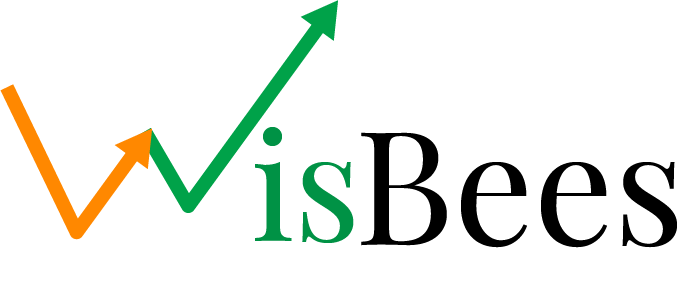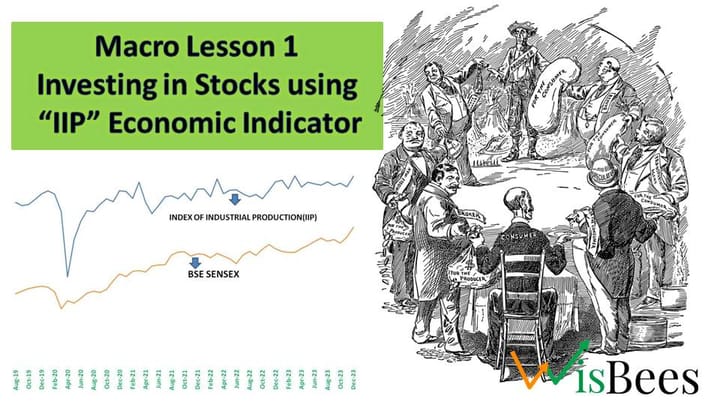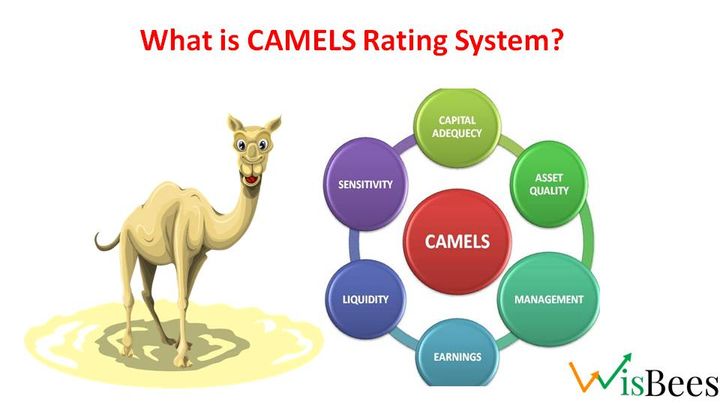Share

A share, also known as a stock or equity, is a unit of ownership in a company. When an individual or institution buys shares in a company, they become a shareholder and own a piece of the company. The total number of shares outstanding represents the total ownership of a company, and the value of a share is determined by the company's performance and the overall state of the stock market.
Shares can be bought and sold on stock exchanges, and the price of a share fluctuates based on supply and demand. When the demand for a particular stock is high, the price will increase, and when demand is low, the price will decrease.
Shares represent an ownership stake in a company, and as such, shareholders have certain rights, such as the right to vote on important matters related to the company, such as the appointment of directors and the approval of major transactions. Shareholders are also entitled to a portion of the company's profits, as distributed through dividends.
Shares can be bought and sold by individuals and institutions, and the total value of a company's shares is referred to as its market capitalization. Shares are considered as a form of equity capital, and they are considered as a financial instrument with high-risk and high-return characteristics.
The minor portion of the corporation’s/business’s stock that is entitled to the owner of that corporation/business, who usually buys that in exchange for funds or owns them from the beginning if that person starts that company, to receive economic benefits from those shares, resulting from the market forces.
Different Types of Shares:
There are several types of shares, each with their own characteristics and rights. The most common types are:
Common shares
These are the most typical type of shares and represent the basic unit of ownership in a company. Common shareholders have the right to vote on important matters related to the company and receive dividends if the company generates profits. They also have the potential to earn a capital gain if the value of the shares increases.
Preferred shares
Preferred shareholders have a higher claim on the company's assets and earnings than common shareholders. They generally do not have voting rights but they receive dividends before common shareholders and in case of liquidation of the company, they will be paid before common shareholders.
Class A and Class B shares
Some companies issue different classes of shares, each with their own rights and privileges. For example, Class A shares may have more voting rights than Class B shares.
Restricted shares
These shares are issued to employees or insiders of a company and are subject to certain restrictions, such as a lock-up period during which the shares cannot be sold.
Voting shares
These shares have the right to vote on important matters related to the company.
Non-voting shares
These shares do not have the right to vote on important matters related to the company.
Cumulative shares
These shares have the right to receive dividends that were missed in previous years before common shareholders.
Redeemable shares
These shares can be bought back by the company at a later date, usually at a premium.
It's important to note that the rights and privileges associated with each type of share can vary depending on the company and the country in which the company.



